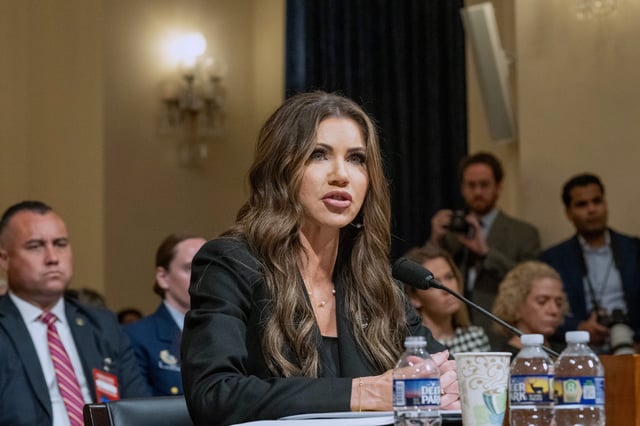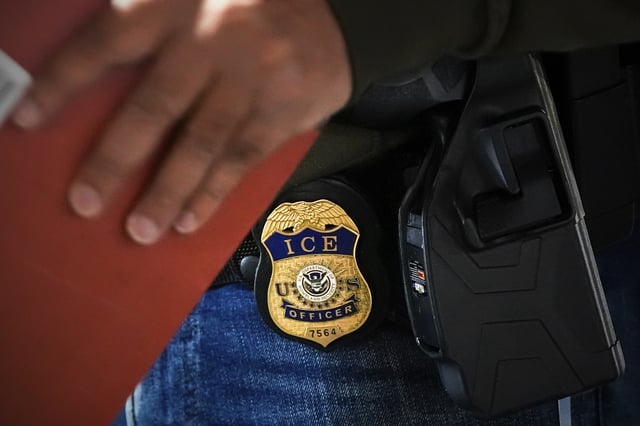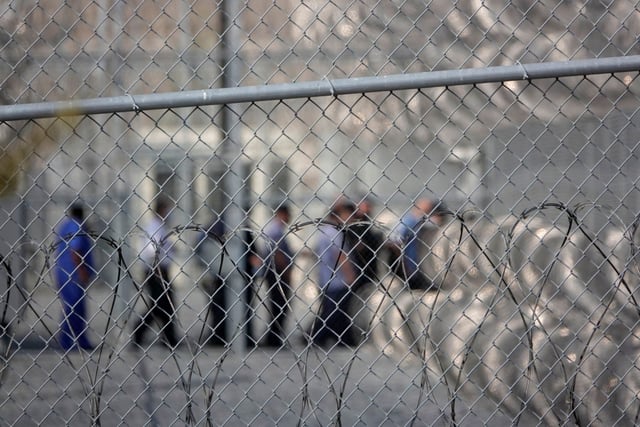Overview
- The Department of Homeland Security has formally requested 20,000 National Guard troops to assist with interior immigration enforcement operations, marking a significant expansion of military involvement in deportation efforts.
- Pentagon lawyers are currently reviewing the request, with key decisions pending on the roles of the troops, whether state governors must approve, and the legal framework for their deployment.
- If approved, this would represent the first time National Guard units are used for immigration enforcement within the U.S. interior, a shift from their traditional logistical and surveillance roles at the border.
- DHS officials emphasize that the troops would support efforts to arrest and deport undocumented individuals with criminal records, including violent offenders, as part of President Trump's broader immigration crackdown.
- The proposal has sparked political debate, with critics questioning its alignment with the National Guard's mission and raising concerns about potential overreach of federal authority.



